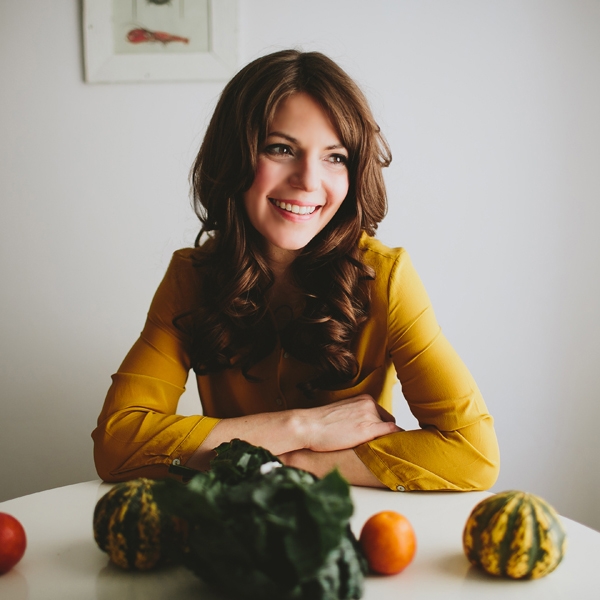6 people who helped me understand fatphobia and break-up with diet culture.
As much as I'd like to take all the credit for what I know now, or pretend I always understood the many axes of oppression, I have benefitted from the labor of so many body acceptance and fat liberation activists. If you're wondering about all this, here are a few of the people that I follow to unlearn anti-fatness and the diet mentality.
 |
I don't know how I found Dr. Bacon but this was the beginning for me. It was the first time I heard of set point theory, the idea that our body has a weight range it will stay within no matter what we do, and that body size is something like height or shoe size - not something we can manipulate at will. (At least, not for long, as Yo-Yo dieters can attest). I read Health at Every Size with some curiosity, then highlighted and dog-eared the pages of Body Respect
with recognition but still kept dieting. But learning about HAES sparked the possibility that dieting is not a mandatory life activity, and could actually be harmful. It was my introduction to the idea that body diversity isn't new, or a problem, and it's here to stay.
Sonya Renee Taylor and The Body is Not an Apology
Every black girl I knew growing up didn't want to be skinny; they wanted to be thick. Meaning, thin with curves. Sonya Renee Taylor's discussion on the Food Psych Podcast was the first time I heard someone discuss the curvy-thin ideal in the black community. I needed her discussion of struggling to keep her weight in the "right places" and the razor thin line between "thick" and "fat" which led to disordered eating. The unbearable whiteness of the body positive community can be a lot to take; having someone with an intersectional analysis of body ideals and a relatable community background was key to knowing I had a place in this community.
Melissa Fabello has written so many super smart articles which make the connections between sexism and fatphobia, along with documenting the path away from disordered eating to body acceptance. She also uses her platform to highlight the work of WOC with larger bodies who face the brunt of racist, fatphobic discrimination and to stick up for people in larger bodies whenever necessary. Her work has helped me to be more honest about the work I need to do as someone who wears straight sizes.
The anonymous blogger Your Fat Friend
I cannot say enough about the education I've received on the ubiquity of discrimination against people in larger bodies from Your Fat Friend. Their personal essays are beautiful and heart-breaking in their crystallization of how it feels to face discrimination, which so many "well-meaning" people say you deserve because of your body size. Their work is what stops me from going back to unexamined fatphobia. I am constantly finding more fatphobic thoughts/beliefs in myself, but I am committed to transforming them in order to be in real solidarity with the people I love and respect.
Christy Harrison, RD and the Food Psych Podcast
Recovery from a lifetime of disordered eating seems more possible because of Christy Harrison's podcast. She is a HAES dietician who once had an eating disorder, and interviews other dieticians about reclaiming a peaceful relationship with food, and the myths about body size propagated in medical literature that get in our way. Hearing trained professionals break down the gaps and fallacies in medicine has given me ammunition to talk back to the diet culture and fatphobia in my head. Diet culture so often shows up as "healthism" these days. Christy Harrison and her guests are here to make sure we still recognize it.
Ah, Isabel Foxen Duke. The first person I ever heard say that "emotional eating" is... not a problem. Duke helps readers get through all of the food rules we've felt guilty for "breaking" and recognize that only starved bodies binge eat-so we can stop feeling like failures for something as benign as feeling hungry, and eating. I had read a lot of anti-diet things but had unexamined guilt stored away up until I started reading her work. It's an ongoing process, but I'd be in a worse place if I'd never heard her say "I’m not sure emotional eating is a bad thing. In fact, I think it might be my guardian angel."
Ok!
Hopefully these folks will help you like they've helped me. (Over & over. Biannually. Monthly. Every other day as I try to unlearn a lifetime of BS about bodies and food).
I don't know that I'll ever be "done." I do know I'm not where I was before I ever started on this path. And that's something.





Comments
Post a Comment